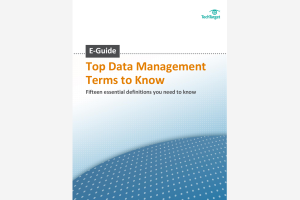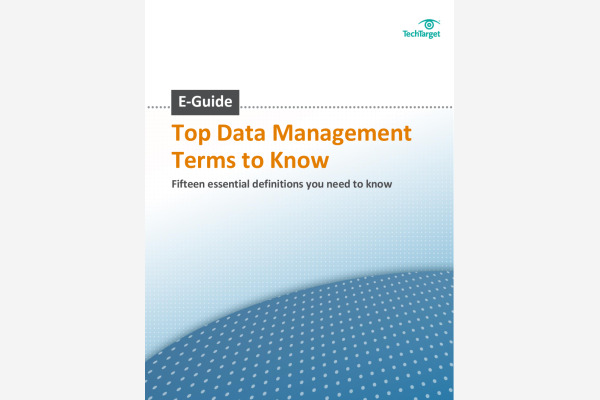 A few years ago in an interview with Forbes, Tim O’Reilly famously said, “The Guy With The Most Data Wins.” It seems his statement was prescient, or perhaps organizations took it a bit too seriously and have been collecting as much data as they can ever since.Yet all of this data gathering comes with a host of ethical, moral and legal issues around ownership and proper collection and usage. Just because we have developed the technology to accumulate all of this information, doesn’t mean we are prepared to deal with the problems it poses, suggests Susan Etlinger from Altimeter Group, who helped author a recent report called The Trust Imperative, A Framework for Ethical Data Use.“A lot of major technology shifts tend to get out ahead of our ability to understand and apply them. Sometimes that’s alright and we catch up and sometimes it’s problematic,” she said.Over the last several months there has been a growing body of evidence from organizations like Pew, Annenberg School for Communication and the Altimeter Group that people are actually much more interested and concerned about consent, collection and analysis related to all of this data, then we have been led to believe.
A few years ago in an interview with Forbes, Tim O’Reilly famously said, “The Guy With The Most Data Wins.” It seems his statement was prescient, or perhaps organizations took it a bit too seriously and have been collecting as much data as they can ever since.Yet all of this data gathering comes with a host of ethical, moral and legal issues around ownership and proper collection and usage. Just because we have developed the technology to accumulate all of this information, doesn’t mean we are prepared to deal with the problems it poses, suggests Susan Etlinger from Altimeter Group, who helped author a recent report called The Trust Imperative, A Framework for Ethical Data Use.“A lot of major technology shifts tend to get out ahead of our ability to understand and apply them. Sometimes that’s alright and we catch up and sometimes it’s problematic,” she said.Over the last several months there has been a growing body of evidence from organizations like Pew, Annenberg School for Communication and the Altimeter Group that people are actually much more interested and concerned about consent, collection and analysis related to all of this data, then we have been led to believe.
That suggests that businesses need to take data privacy much more seriously, and begin putting customers at the center of every data decision they make.
There is a prevailing belief that we are OK with companies using our data because we get these services for free in exchange, but recent data suggests that may not be the case and companies may be taking a risk by playing fast and loose with our data.
A report by the Annenberg School for Communication (.pdf) published last month found that this notion that consumers are willing to make a trade-off of data for discounts or services is in fact overstated.
“By misrepresenting the American people and championing the trade-off argument, marketers give policymakers false justifications for allowing the collection and use of all kinds of consumer data often in ways that the public find objectionable,” the report stated.In fact, the study, which asked 1506 adults over 18 about their online privacy concerns found, “91% disagree (77% of them strongly) that ‘If companies give me a discount, it is a fair exchange for them to collect information about me without my knowing.’”








